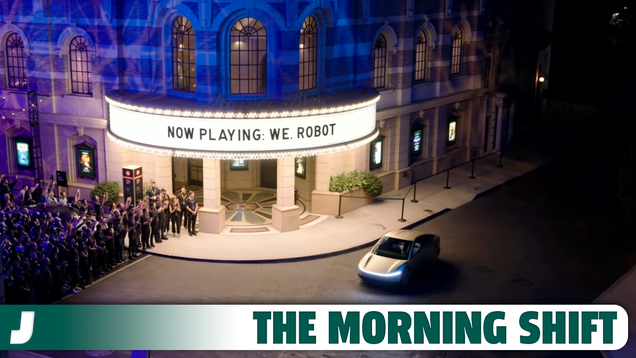Understanding the Latest Automotive Trends: Insights from October 2024
The automotive industry is undergoing a significant transformation, driven by technological advancements, changing consumer preferences, and evolving regulatory landscapes. As we delve into the current trends shaping the market, it’s essential to consider how these developments impact both consumers and manufacturers.
The Rise of Electric Vehicles
Electric vehicles (EVs) have moved from niche products to mainstream options, with sales skyrocketing in recent years. According to the International Energy Agency, global EV sales reached 10 million in 2022, a figure projected to double by 2025. This surge is fueled by a combination of factors, including government incentives, advancements in battery technology, and a growing awareness of environmental issues.
Manufacturers are responding to this demand by expanding their EV offerings. Major automakers, including Ford, General Motors, and Volkswagen, have committed to significant investments in electric technology, aiming to transition their fleets to electric models. For instance, Ford has announced plans to produce over two million EVs annually by 2026, showcasing a robust commitment to sustainable transportation.
Consumer Concerns: Range Anxiety and Charging Infrastructure
Despite the positive momentum, potential buyers often express concerns about range anxiety—the fear of running out of battery power before reaching a charging station. Recent studies indicate that while range capabilities are improving, with many new models offering over 300 miles on a single charge, the availability of charging infrastructure remains a critical issue.
To address these concerns, governments and private companies are investing heavily in expanding charging networks. According to a report from the U.S. Department of Energy, the number of public charging stations in the U.S. has increased by over 60% in the past two years. This expansion is crucial for alleviating range anxiety and making EV ownership more appealing.
The Impact of Autonomous Driving Technology
Another significant trend in the automotive sector is the development of autonomous driving technology. Companies like Tesla, Waymo, and Cruise are at the forefront of this innovation, promising to revolutionize the way we think about transportation. However, the path to fully autonomous vehicles is fraught with challenges, including regulatory hurdles, safety concerns, and public acceptance.
Elon Musk, CEO of Tesla, has been vocal about his vision for self-driving cars, often making bold predictions about the timeline for full autonomy. While Tesla’s advancements in driver-assistance features are noteworthy, experts caution that achieving true autonomy will require extensive testing and validation to ensure safety. A recent study from the National Highway Traffic Safety Administration highlighted that while autonomous technology has the potential to reduce accidents, it also raises complex ethical and legal questions that need to be addressed.
Sustainability and the Future of Automotive Manufacturing
As the automotive industry pivots towards sustainability, manufacturers are re-evaluating their production processes. The shift to electric vehicles necessitates a change in the supply chain, particularly concerning battery production. Lithium, cobalt, and nickel are essential for EV batteries, and their extraction raises environmental and ethical concerns.
In response, companies are exploring alternative materials and recycling methods to minimize their ecological footprint. For example, some manufacturers are investing in research to develop solid-state batteries, which promise greater efficiency and reduced reliance on scarce resources. Additionally, initiatives aimed at recycling EV batteries are gaining traction, with companies like Redwood Materials leading the charge in creating a circular economy for battery materials.
Navigating the Changing Landscape of Automotive Regulations
Regulatory frameworks are evolving rapidly as governments worldwide strive to meet climate goals. The European Union has set ambitious targets for reducing carbon emissions, mandating that all new cars sold by 2035 be zero-emission vehicles. Similarly, the Biden administration has proposed stricter fuel economy standards in the U.S., aiming for a significant reduction in greenhouse gas emissions.
These regulations are reshaping the automotive landscape, compelling manufacturers to innovate and adapt. Companies that proactively embrace these changes are likely to gain a competitive edge, while those that resist may find themselves at a disadvantage.
Engaging with the Future of Mobility
As we look ahead, the automotive industry is poised for a transformative era characterized by electric mobility, autonomous driving, and sustainable manufacturing practices. For consumers, this evolution presents both opportunities and challenges. Staying informed about these trends can empower buyers to make educated decisions regarding their transportation choices.
In summary, the automotive sector is not just about cars; it’s about rethinking how we move, how we consume, and how we protect our planet. By understanding these dynamics, consumers and industry stakeholders alike can navigate the complexities of this rapidly changing landscape, ensuring a more sustainable and efficient future for all.

